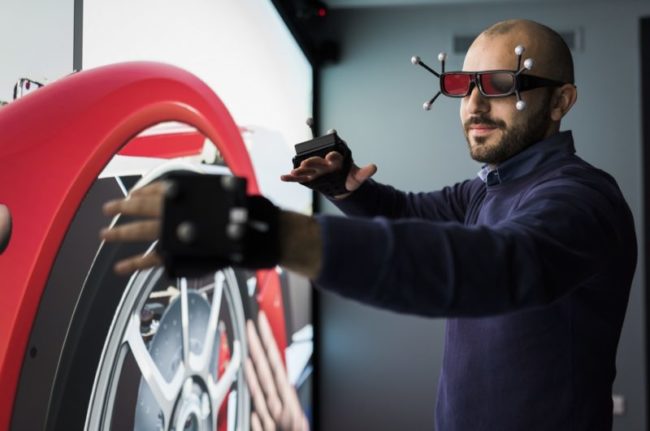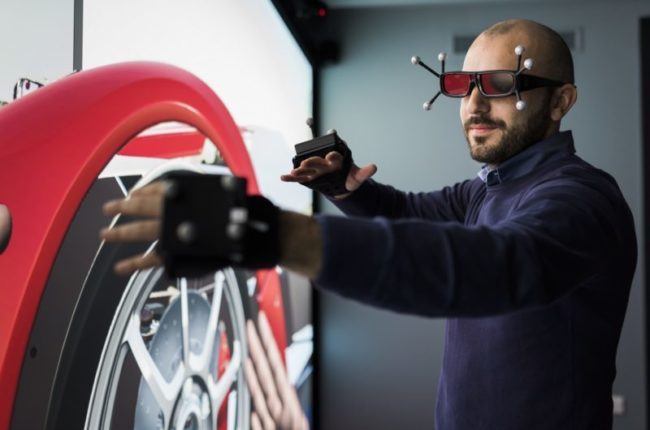Mersey firms gaining a market edge in the Fourth Industrial Revolution
4IR focuses on the huge growth in connectivity between digital and physical assets and the LCR 4.0 programme offers SMEs access to technology and expertise. Tony McDonough reports

Dozens of Liverpool city region businesses are signed up to a programme that allows them access to the technology of the Fourth Industrial Revolution (4IR).
Part funded by the European Regional Development Fund, the LCR 4.0 initiative was launched four months ago.
4IR focuses on the huge growth in connectivity between digital and physical assets.
One example is Sensor City in Liverpool, a £15m project focusing on sensors and the ‘internet of things’ – using web-connected sensors to speed up industrial and workplace processes.
Companies such as Unilever and Jaguar Land Rover and organisations such as Alder Hey Hospital are all using sensor technology.
LCR 4.0 allows small and medium-sized enterprises, who might struggle to invest in such technology alone, access to the equipment and expertise.
It is being delivered in partnership by some of the region’s key knowledge and scientific assets: the University of Liverpool, Liverpool City Region Local Enterprise Partnership (LEP), Liverpool John Moores University, the Science and Technology Facilities Council’s Hartree Centre and Sensor City.
One of the first companies to complete the LCR 4.0 programme is Liverpool-based product design consultancy, 4D Products.
Facing a lack of electronic design resource, 4D Products teamed up with the University of Liverpool’s Virtual Engineering Centre (VEC) to enhance an existing product with wireless sensors to enable it to collect real-time data from personal exercise sessions.
The collaboration has resulted in a proof-of-concept prototype being developed which consists of a wireless sensor system and an Android wear application that 4D Products can now demonstrate to potential investors.
The product, which will be known as WAVEX microgym and has completed a patent application, is expected to reach the market in the near future.

Another company specialising in exercise equipment, Magnex Exercise Technology, has also recently completed the LCR 4.0 programme.
Magnex wanted to develop a new range of commercial and home-use exercise equipment using a fluid magnetic resistance system that is more efficient than conventional weight based systems.
Working with the VEC, Magnex was able to develop a to-scale virtual prototype using sensor technology.
This allowed the company to analyse the product and make changes much quicker and cheaper than if a physical prototype had been created.
Interim head of business development at the VEC, Lynn Dwyer, said: “For each of these companies, by using the skills and technologies available across the partners involved in LCR 4.0, they have each been able to save time and money which is crucial in a competitive market place.
“It has also opened them up to new possibilities for their businesses. For example, AQR has discovered the potential of computer-aided design (CAD) technology and Magnex are now considering the use of virtual headsets for future products.”
LCR 4.0 is a part of the Liverpool City Region Local Growth Hub.

